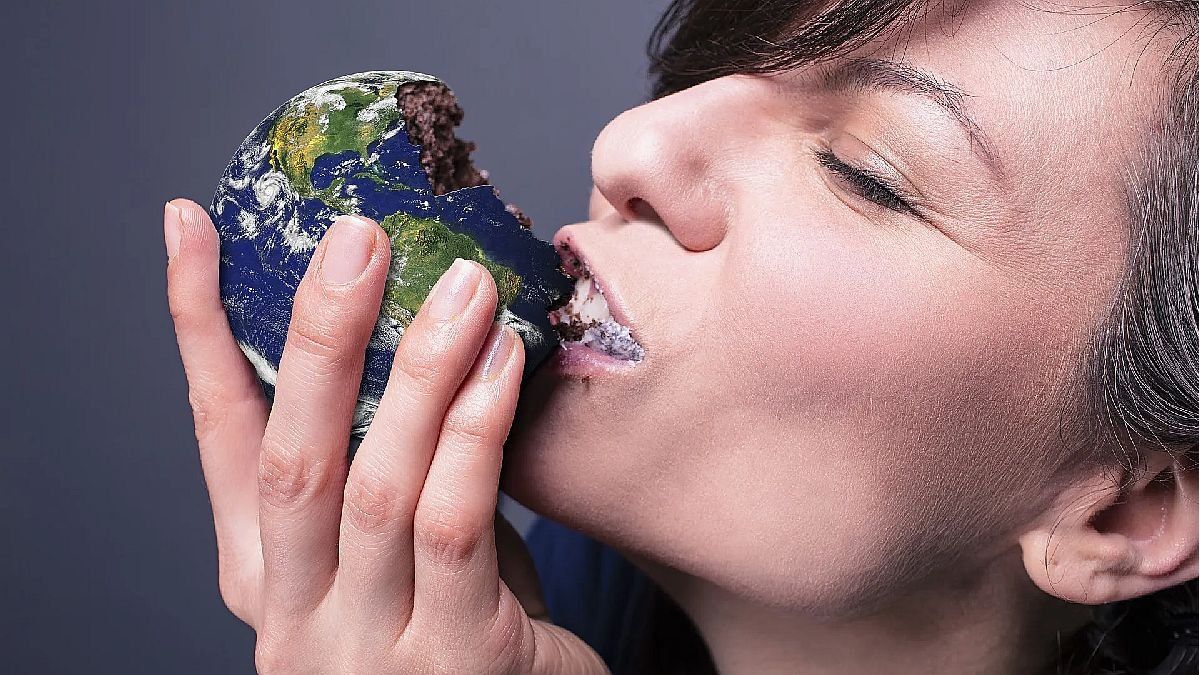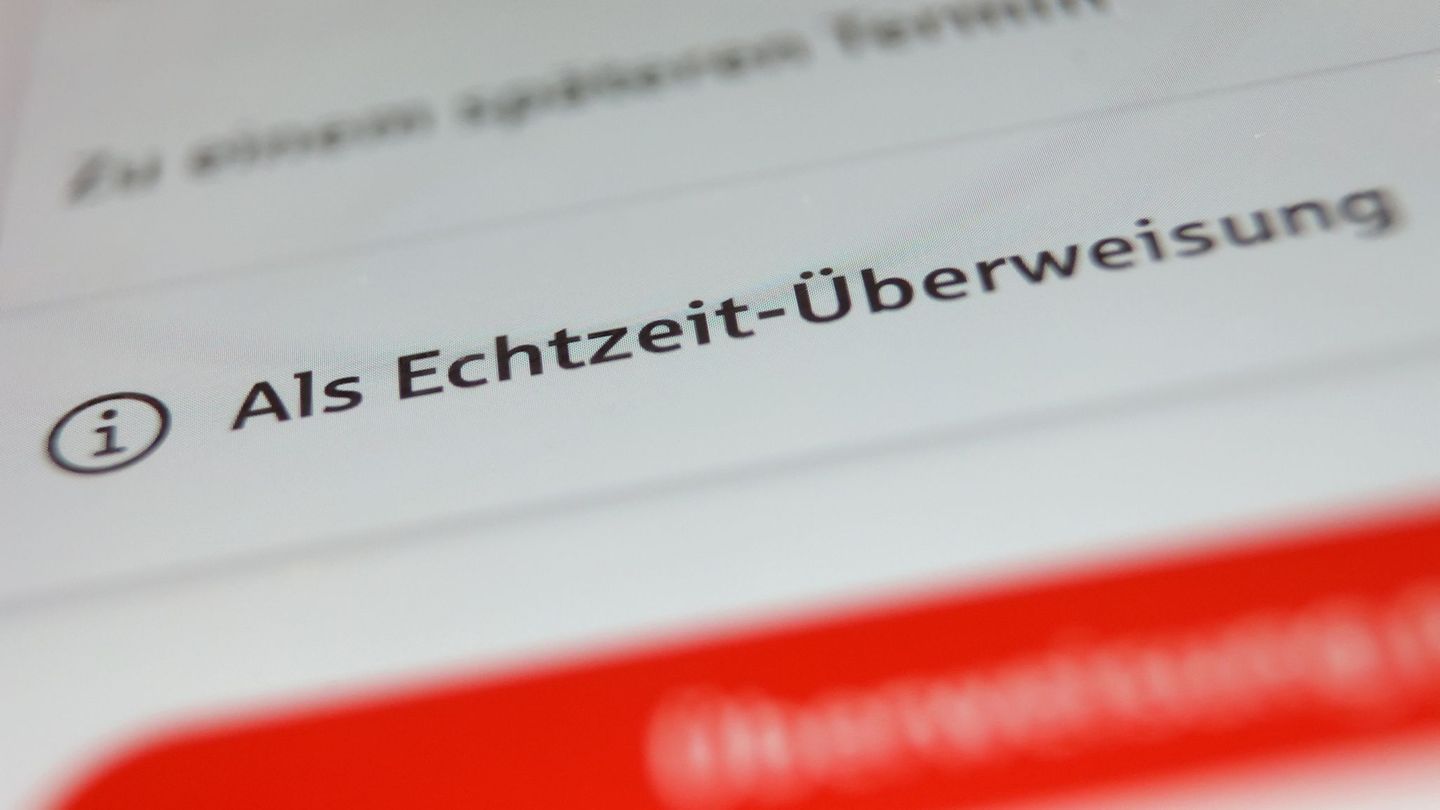We are used to living in a society of consumption and continuous waste. Buying, consuming and discarding is our current lifestyle. This way of living and even doing business distances us from natural processes and leads us to a lack of awareness of the current problems generated by the misuse of resources.
We use more resources per year than the Earth manages to generate in each period. This is precisely what marks us the day of the overshoot of the Earth. In recent years, this day occurs in the month of August. If we continue to consume and spend unlimitedly, the day of the overdraft will come earlier and earlier.
The first great inconsistency with which we live is that we do not take care of our housewe live from natural resources and yet we are not aware that without resources none of what we have and what surrounds us would be possible.
The second is that we are throwing away materials with the idea that they are garbage, that they are no longer useful. However, all waste, or the vast majority of it, can be used in various ways, becoming a resource. By not being aware of this, we waste resources that have great environmental and economic value.
The cardboard waste they are used to become boxes and cardboard containers again. Recycled paper, toilet paper or napkins are made with paper scraps. Multiple products are made from plastic waste, such as new plastic bottles; spouts; new packaging for cleaning products; School Supplies; clothing; and even plastic wood. Glass, aluminum, and other metals are almost unlimitedly recycled. They are very noble materials, which do not lose their properties during the recovery processes.
The organic waste they can be used to make compost, either at home, at school or in industry. They can also be used to generate biogas, a renewable energy that arises from the digestion of our waste.
Compost land.jpg
But for all this to be possible, each and every one of us, as well as municipalities and companies, must make a paradigm shift. The cultural transformation begins by changing the way we look at waste, to begin to see it as a resource of great value. Only in this way will we be able to migrate from a linear economy, where everything ends up as garbage, to a circular economy.
Correct waste management is a great example of the circular economy. Everything we consume, instead of ending up buried, we can take advantage of it again to generate another new product.
Which is the first step we should take? Learn to separate waste at source, separate from “trash” all waste that can be reused, recycled or converted into new resources of any kind.
Lawyer, specialist in Environmental Direction and Management and Co-founder of GEA Sustentable @geasustentable
Source: Ambito




